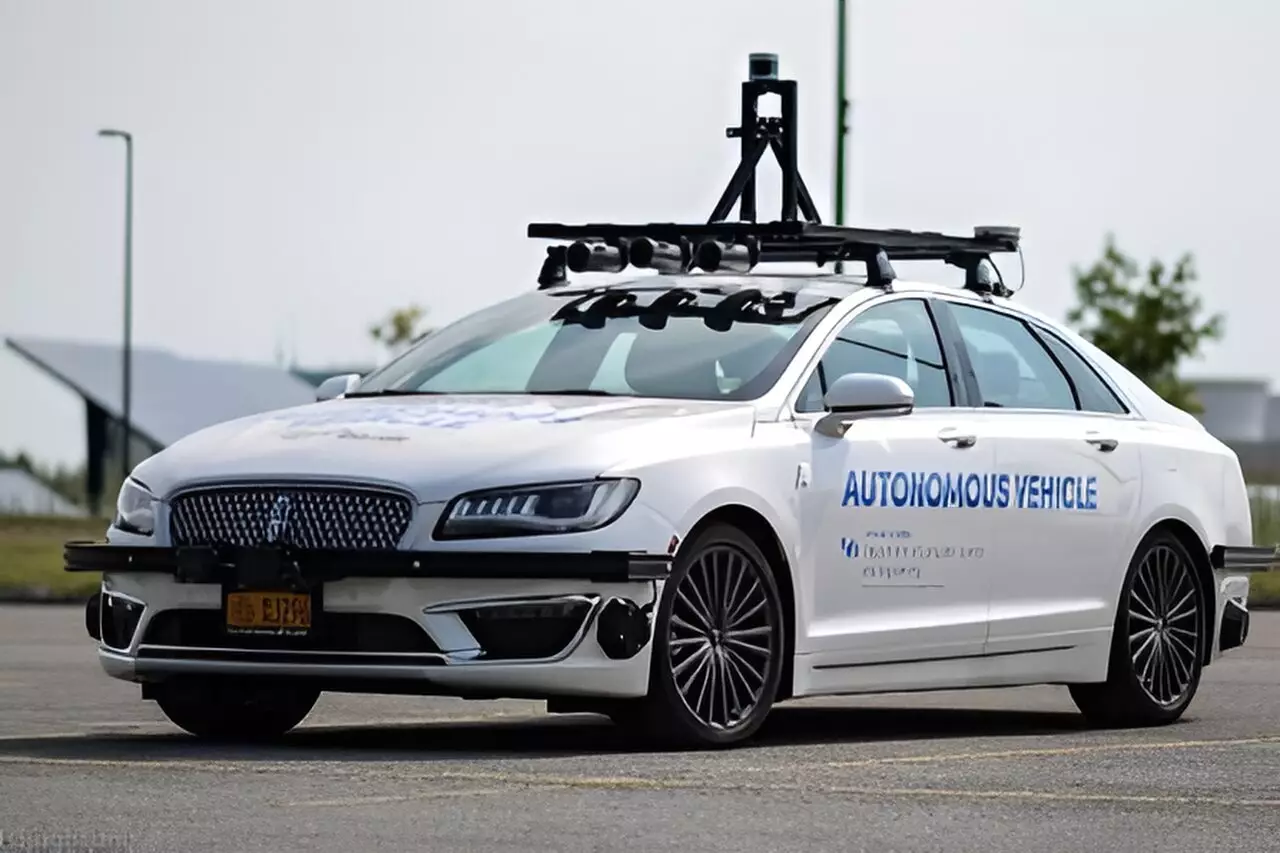Self-driving vehicles rely heavily on artificial intelligence for decision-making, sensing, and predictive modeling. This technology plays a crucial role in ensuring the safe operation of autonomous vehicles.
Research on Vulnerabilities of AI Systems
Ongoing research at the University at Buffalo has raised concerns about the vulnerability of AI systems in self-driving vehicles to malicious attacks. Results from the study suggest that malicious actors could potentially cause these systems to fail, leading to potentially dangerous situations on the road.
Potential Threats to Self-Driving Vehicles
One of the key findings from the research is the possibility of rendering a vehicle invisible to AI-powered radar systems by strategically placing 3D-printed objects on the vehicle. These objects, known as “tile masks,” can mask the vehicle and make it undetectable to radar systems, posing a significant threat to the safety and security of self-driving vehicles.
While the research is conducted in a controlled setting and does not imply that existing autonomous vehicles are unsafe, it does have implications for various industries, including automotive, tech, insurance, and government regulation. The vulnerabilities identified in the study could potentially impact the development and deployment of self-driving technology in the future.
Researchers have identified various challenges in securing self-driving vehicles, particularly in protecting the AI systems that power these vehicles from adversarial attacks. The research highlights the need for robust security measures to safeguard autonomous vehicles from potential threats.
Addressing Vulnerabilities in AI Systems
While AI systems in autonomous vehicles can process large amounts of information, they can also be susceptible to attacks if given specific instructions that they were not trained to handle. Researchers have found that subtle changes to input data can lead to erroneous outputs from AI models, posing a serious security risk to self-driving vehicles.
Moving forward, researchers aim to investigate the security vulnerabilities not only in radar systems but also in other sensors used in self-driving vehicles, such as cameras and motion planning systems. By understanding the potential threats and weaknesses in AI systems, researchers can work towards developing more resilient and secure autonomous driving technology.



Leave a Reply